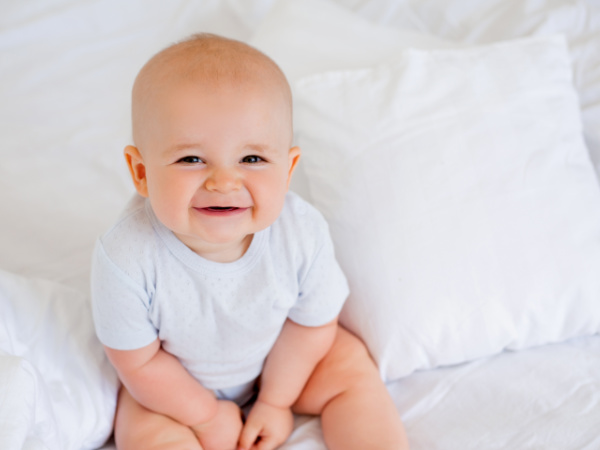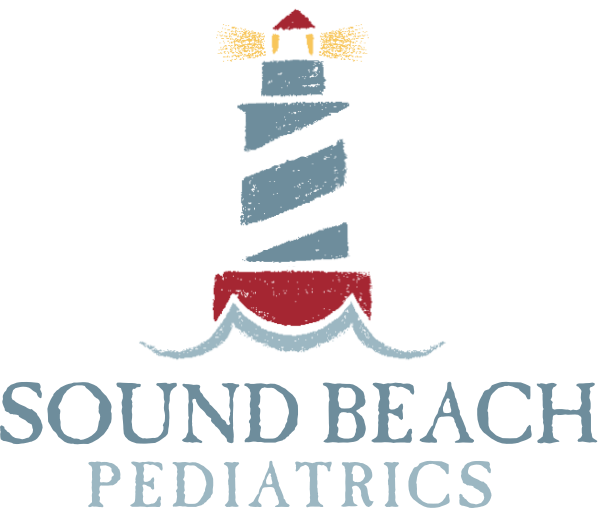
RSV Immunization
Sound Beach Pediatrics is excited to offer the new RSV immunization!
Nirsevimab (Beyfortus) is a monoclonal antibody product that can protect infants and some young children from severe RSV disease.
Please read the following information below, taken directly from the CDC website, which provides the strict inclusion criteria for immunization. You can book your infant’s appointment online (through our website), or by calling our office.
We will provide the immunization to any infant who is eligible and have ample supply from the State of CT. In the first few days, our top priority will be to provide the immunization to our oldest 7 month old infants who are approaching the 8 month mark (at which point they will no longer be eligible).
If you have questions about whether or not your child is eligible for the immunization after reading the following, please reach out to your provider through our patient portal. Thank you!
____________
Who should get nirsevimab?
- Nirsevimab is recommended for infants younger than 8 months of age who were born during or are entering their first RSV season if
- The mother did not receive RSV vaccine during pregnancy.
- The mother’s RSV vaccination status is unknown.
- The infant was born within 14 days of maternal RSV vaccination.
Most infants whose mothers got the RSV vaccine don’t need to get nirsevimab, too.
- Some infants and young children 8 through 19 months of age who are at increased risk for severe RSV disease should receive nirsevimab shortly before the start of their second RSV season:
- Children who were born prematurely and have chronic lung disease
- Children with severe immunocompromise
- Children with cystic fibrosis who have severe disease
- American Indian and Alaska Native children
Children who should get nirsevimab but have not yet done so may get nirsevimab at any time during RSV season.
How is nirsevimab administered?
Nirsevimab is administered as a shot into the thigh muscle. Only a single dose (i.e., one shot) of nirsevimab is recommended during an RSV season.
Who should not get nirsevimab?
Children 8 months old and older who are not at increased risk for severe RSV disease should not receive nirsevimab.
Except in rare circumstances, most infants younger than age 8 months do not need to get nirsevimab if their mothers got the RSV vaccine at least 14 days before delivery.
Infants and children with a history of serious allergic reactions to nirsevimab or any of its components should not get nirsevimab.
Infants and children with bleeding disorders such as hemophilia should get nirsevimab. But, as with all shots given into a muscle, parents should notify their child’s healthcare provider so additional precautions can be taken.
Infants and children who have a moderate or severe acute illness usually should wait until they recover before getting nirsevimab. Your child’s healthcare provider may decide to postpone giving nirsevimab until a future visit when your child feels better. Children with minor illnesses, such as a cold, can receive nirsevimab.
____________



